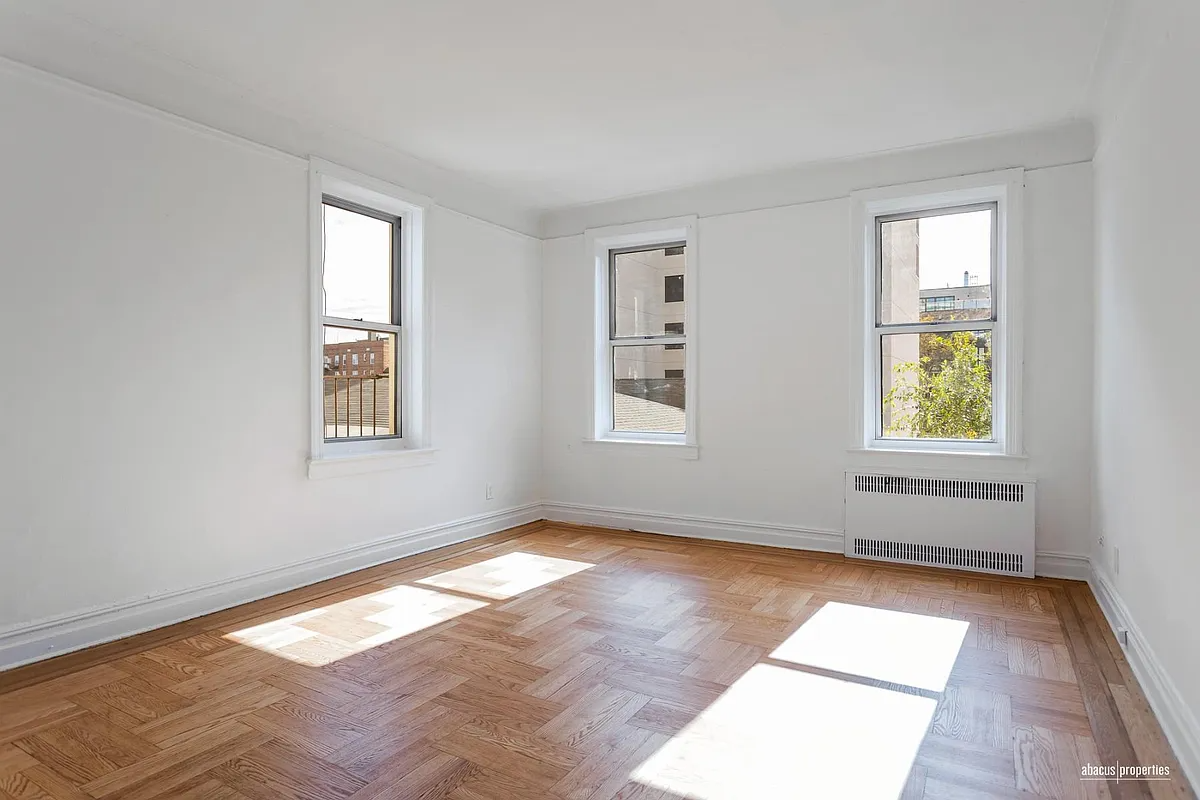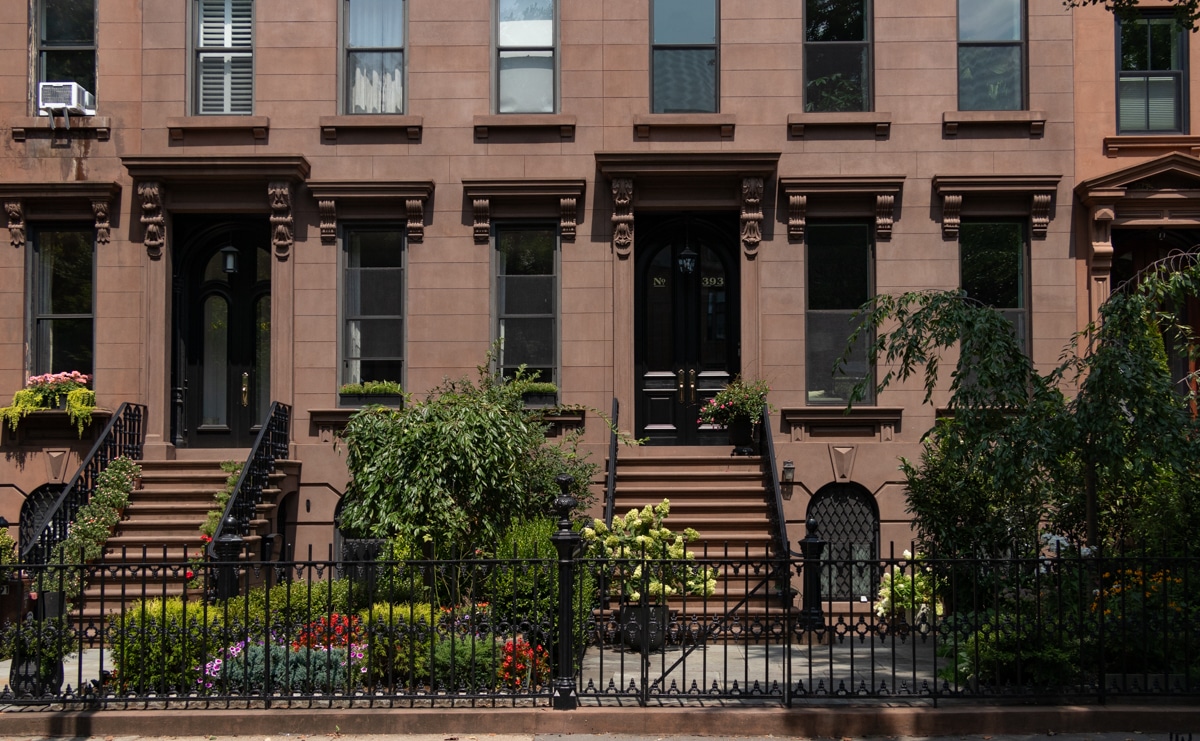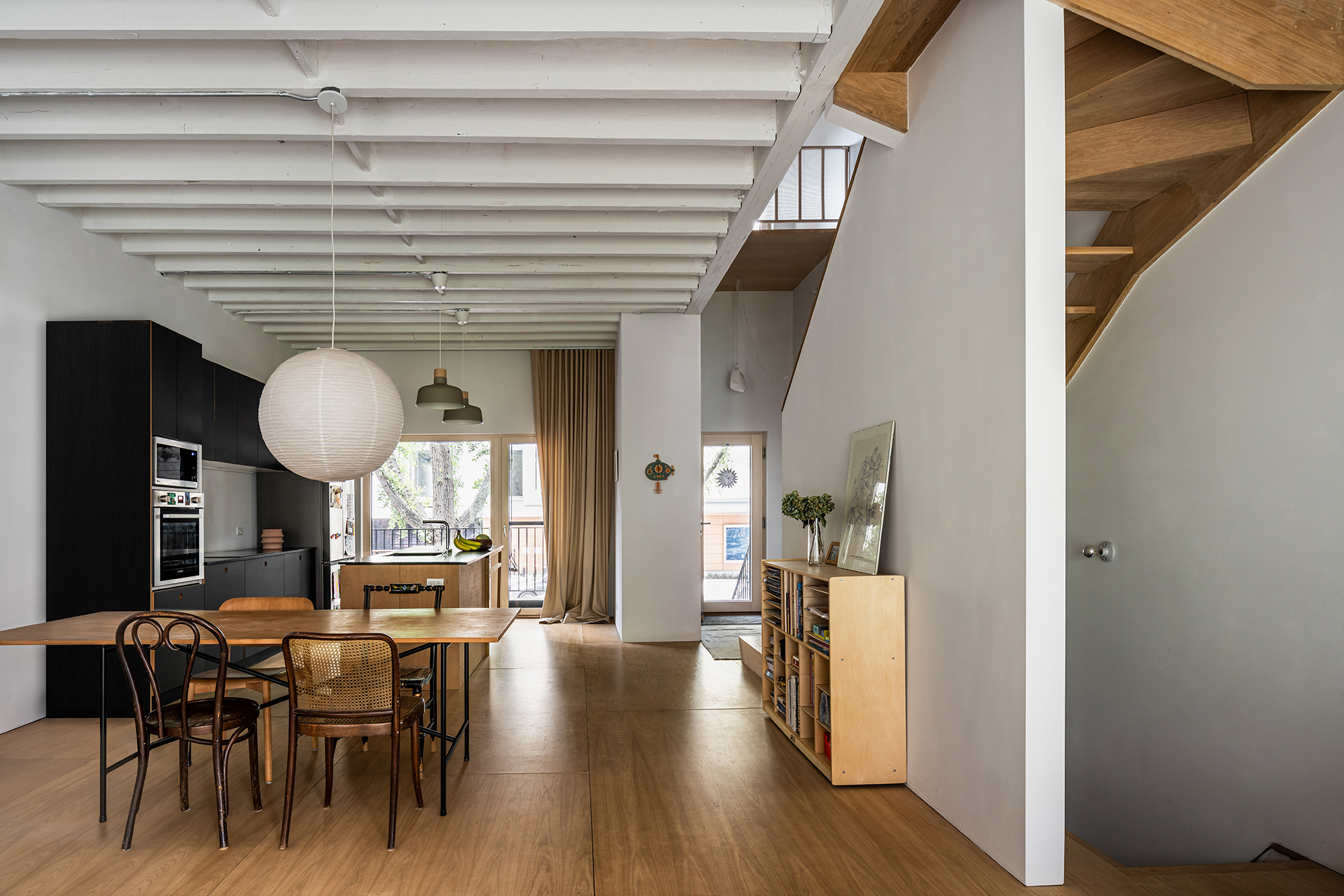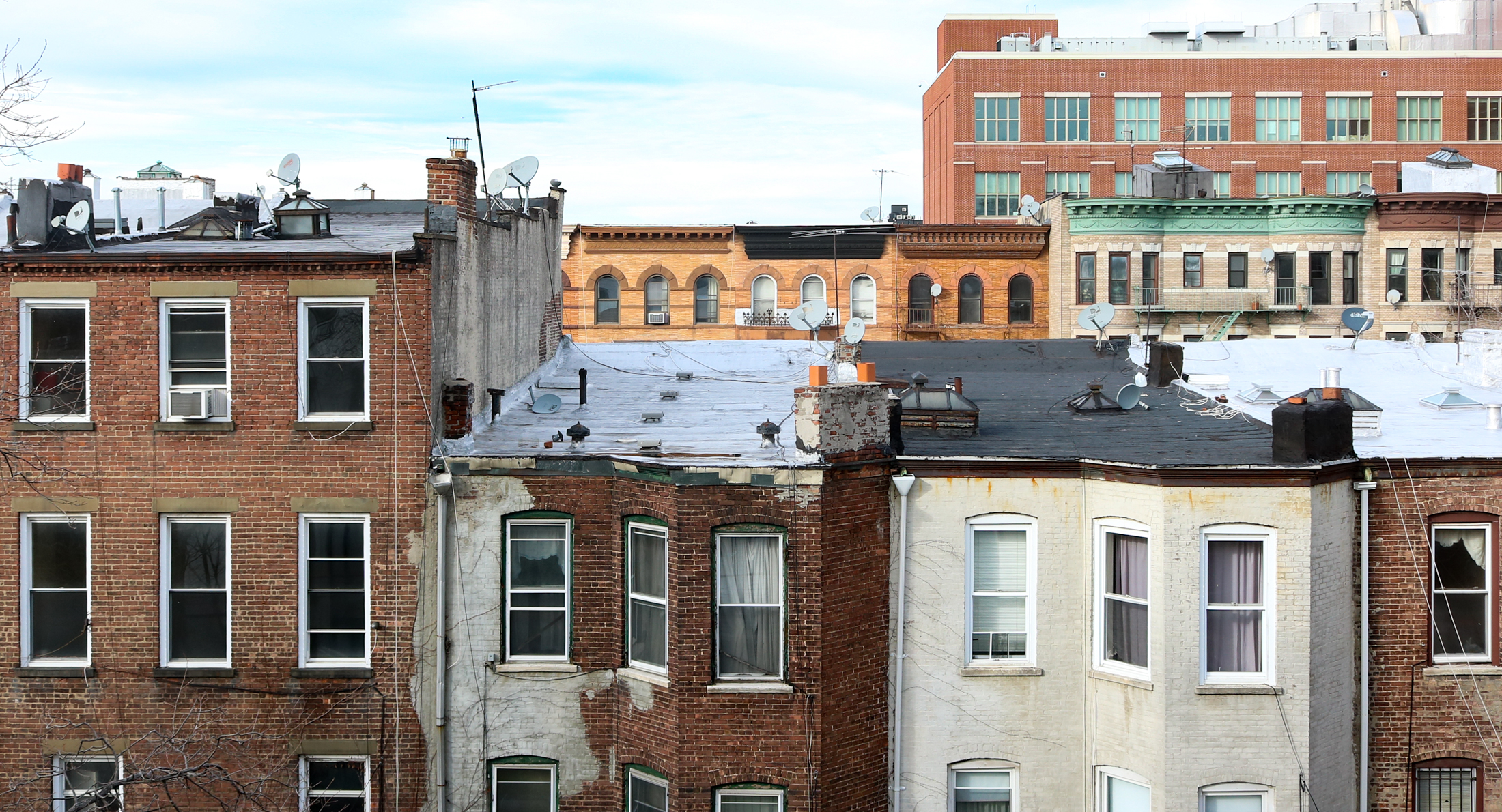A Few More Sales Trickle In at BellTel
It’s not a lot for a building with 250 units, but it’s something. A press release just went out yesterday trumpeting the fact that four units at the BellTel Lofts had sold recently; sales prices ranged from $559,000 to $900,000 and three of the four buyers took advantage of FHA loans. The building is now…


It’s not a lot for a building with 250 units, but it’s something. A press release just went out yesterday trumpeting the fact that four units at the BellTel Lofts had sold recently; sales prices ranged from $559,000 to $900,000 and three of the four buyers took advantage of FHA loans. The building is now over 55 percent sold.
Belltel Joins the FHA Club [Brownstoner]
Targeted Price Cuts at Belltel Lofts [Brownstoner]
Checking In On The BellTel Lofts [Brownstoner]
Belltel Parking On Tap [Brownstoner]
Belltel Lofts: 50% Percent Sold [Brownstoner]
The Belltel Lofts: 40 Percent Sold [Brownstoner]





ditto — my concerns have nothing to do with default rates, but rather with (1) who is taking the risk, (2) who is really benefiting, and (3) what are the unintended consequences.
And think the answers are:
1. The taxpayer.
2. The mortgage lenders and the sellers.
3. Housing prices are inflated higher than they would be without government involvement resulting in all home buyers paying more for their homes.
I think there will be some really bad news coming out about FHA loans in the next few years. They have been an increasingly big part of the mortgage market, which is not good at all and, whether intentional or not, means they are propping up home prices.
I may be wrong. We shall see.
dittoburg, you’re just misleading (or trying to) in the most horrible way. FHA loans have always been around, but were intended for low- and moderate-income buyers. They only amounted to less than 5% of real estate transactions, while Fannie and Freddie (which were also intended for somewhat moderate income properties, respecting the old 417K conforming loan limit) took a little bit more of the slack. When private lenders stopped in their tracks, Fannie and Freddie stepped in, lost money like hell and were bailed out. As a result their standards got tightened and they’ve been somewhat out of the game, licking their wounds (er,…our wounds) In comes the FHA, which now insures something like 75% of all new mortgages, has the most irresponsible underwriting standards, and has default rates that are monstrously high in a post-bubble world. Shaun whatever, the young and scared FHA boss, just admitted a week ago that they’re running out of funds and bleeding cash because of losses. But they continue to relax their standards, what’s left of them anyway, because they’re the only thing still propping up the housing market. FHA is THE bailout candidate for early 2010.
Your nonchalant tone is facetious to the extreme.
kvnbk
is Avalon going to build Avalon Willoughby West? Any news on that?
Northslope – as I said, the defuault rates for FHA aren’t any higher. You’re not going to get an FHA mortgage more than 3.5x your salary anyway, so its not like your living on the edge (with an ARM with a ballon).
“If you only have 3.5% to put down, it means you haven’t been making enough money to save much, and your budget is tight. Not a lot of room for error. ”
Since FHA loans have been available for a long time it doesn’t mean any such thing. You could have been spending your extra cash on schooling, vacations, charities, cars. Your priorities might have changed, your desire to own a house may make you willing to forgoe other spending.
Seeing as plenty of NYC downpayments seem financed in part by parents, the ability to put down a 20% downpayment as opposed to a 5% downpayment doesn’t necessarily say anything about “your ability to pay”.
If you only have 3.5% to put down, it means you haven’t been making enough money to save much, and your budget is tight. Not a lot of room for error.
IMO if you can’t save 20% for a down payment you probably shouldn’t be buying.
“unless your income falls, you are no less able to pay your mortgage in 5 years time than now whethr you pay 3.5% or 20%.”
Not true. If your income does not increase at least at the pace of your expenses (inflation + tax increases + health care costs + necessary family expenses for children/parent/siblings who need support), you will become increasingly less able to pay your mortgage.
With 3.5% down it will take several years to build any real equity in the property, so if you fall on hard times, it will be nearly impossible to sell the place and walk away with any money in your pocket.
Buying a property when you can only afford 3.5% down is a high risk move.
Can it work out? Sure. Will it work out as well as the exact same person buying the exact same property with 20% down? No.
Thats why the rates are higher….
Why not require 50% down?
Yes, but putting down only 3.5% means you have little skin in the game, and are more likely to walk when push comes to shove, no?